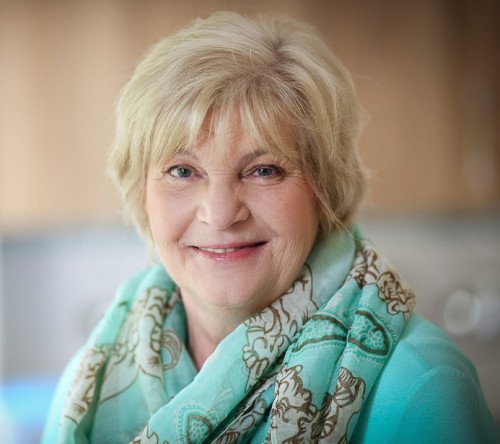
Irén Tarnai
Although diet means a regulated lifestyle and medicinal food, I prefer the term conscious nutrition, and I always try to reassure those who come to me that we will not be talking about prohibitions, but about permitted foods - says Irén Tarnai, and then adds: after the consultation, everyone can go home smiling.
A dietitian is a specialist in applied nutrition, providing advice to both healthy and diseased individuals. Although diet has meant a regulated lifestyle and medicinal food since the time of Hippocrates, I prefer the term conscious nutrition, and I always try to reassure those who come to me that we will not be talking about prohibitions, but about permitted foods - says Irén Tarnai, adding: everyone can go home smiling after the consultation.
The dietitian profession is extremely diverse: it plays an important role in the prevention and treatment of diseases. This means that we can turn to a dietitian with a wide variety of questions, problems and complaints. If we want to expand our nutritional knowledge, if we are curious about whether we are eating well, if we want to lose weight, if we are about to have a child or give birth, if there are signs of illness, or if a diet is essential to cure an existing illness, we should feel free to turn to a dietitian.
It has long been known that our lifestyle and eating habits are closely related to our health. But if we were to ask ten people, we would certainly receive ten different answers about what they consider healthy food. However, the basic values would probably be the same: we should strive for variety and balance.
At first, patients are usually surprised when I tell them that they need to eat more often a day than they did before: instead of 2-3 times, for example, 5 or 6 times. It is recommended to eat every three hours, and the circumstances of eating are also extremely important – emphasizes Irén Tarnai, who also shares with us how a consultation session takes place. It is good if those who come to me also bring the results of medical examinations and blood tests, but some have not had any screenings before. For the first time, I ask the patient to tell me about their day. Most people realize by then which habits are worth changing and which ones should definitely be changed.
For example, when I see a patient with digestive problems, I always ask if there was a stressful life situation or period two or three years before the complaints appeared that could have caused their current complaints, or if it could have manifested itself in them over the years. In general, the most important thing is not to leave anything out, to talk in detail. In addition to the anamnesis (questioning), anthropometric measurements (height, weight, etc.) can be taken, we look at the circumferences (waist, hips), and we measure the body fat percentage. After that, we determine the daily energy requirement and the percentage of nutrients, always individually and adapted to the stage of life. On the second occasion, we also analyze the diet diary written by the patient, so we can refine the suggestions based on the feedback - says Irén Tarnai, who usually recommends regular consultations or at least two or three sessions so that there is always feedback and a sense of success.
 Log in with GoodID
Log in with GoodID